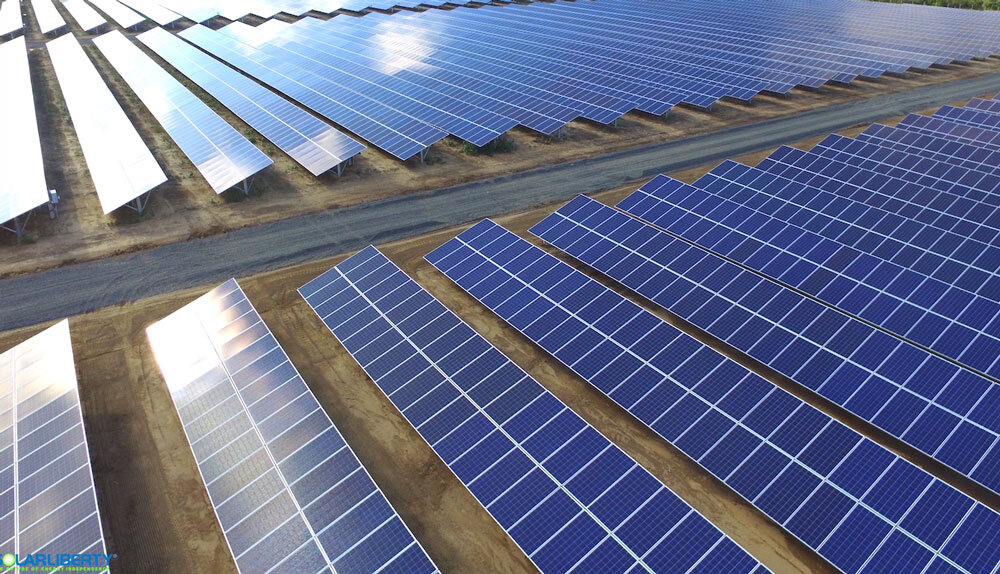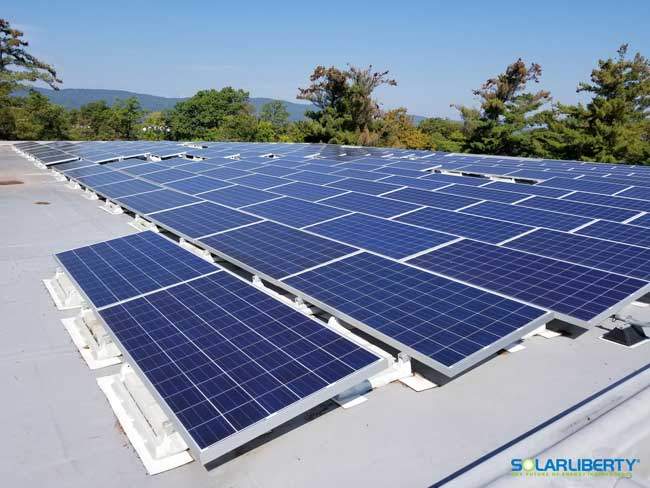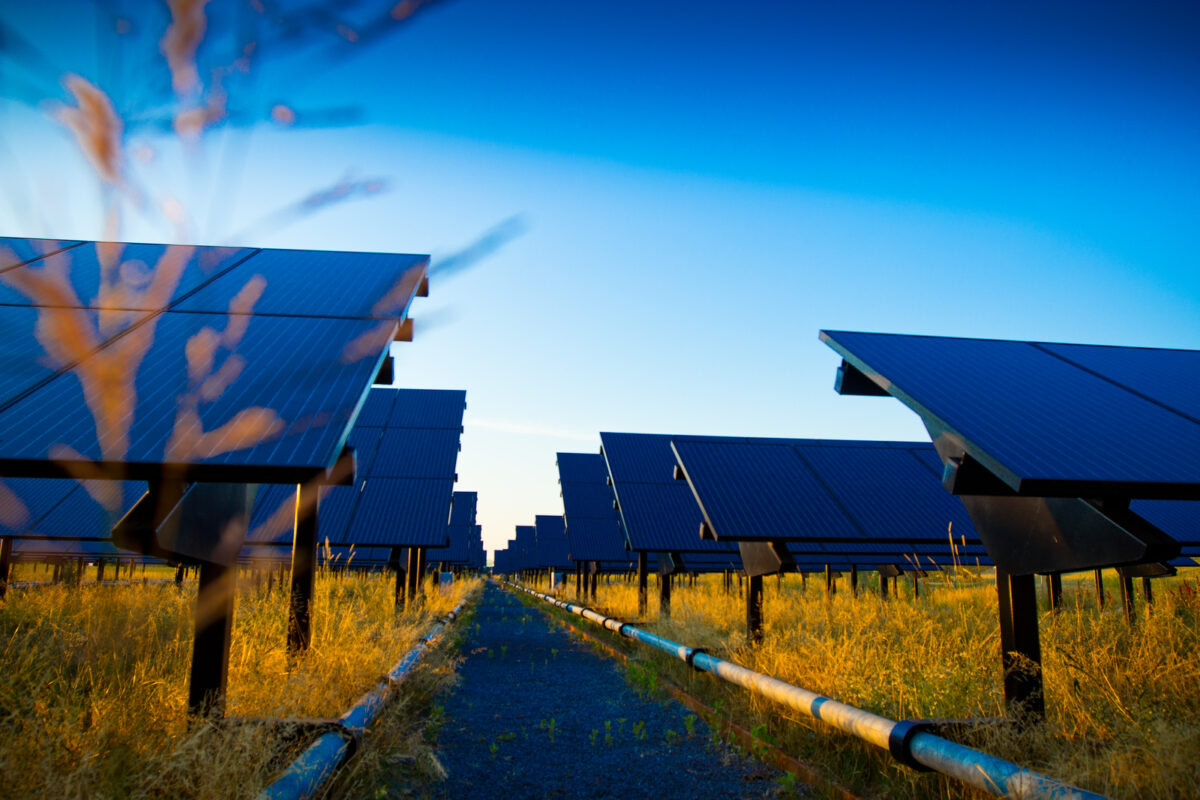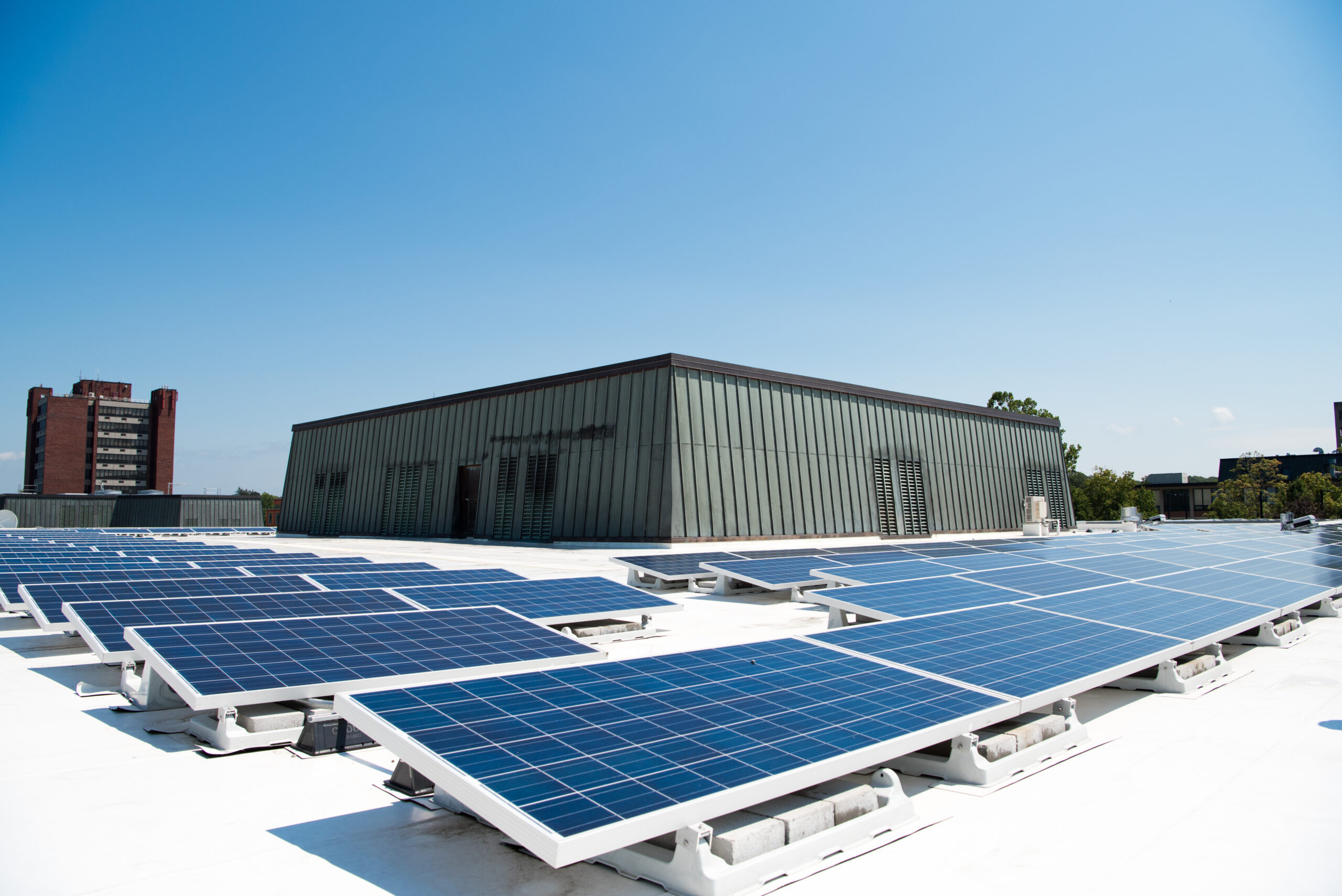Solar Company Says Not Enough Panels Being Made In US

post-journal.com
Gregory Bacon
July 2, 2022
While there are a number of solar projects planned for Chautauqua County, some of them are slow to being built after getting approval, due to supply chain issues and the fact that the United States isn’t able to manufacture enough to meet the need.
During the recent county Industrial Development Agency meeting, Adam Rizzo with Solar Liberty discussed how President Biden decided not to place tariffs on solar panels and the impact that decision had on not only their company, but other solar companies.
“We were a bit caught off guard earlier this year with potential tariffs on solar panels being imported that no one was anticipating,” Rizzo said. “It threw the solar industry for a bit of a loop because everyone was scared to import solar panels because you didn’t know what the potential tariffs were going to be on that equipment and they could be retroactive as well. It pretty much put a pause on every project being developed and looking to construct until that was resolved.”
The Associated Press reported June 6 that Biden ordered emergency measures to boost crucial supplies to U.S. solar manufacturers and declared a two-year tariff exemption on solar panels from Southeast Asia as he attempted to jump-start progress toward his climate change-fighting goals.
Rizzo called Biden’s decision a “great thing for the industry” and said solar panels are once again being imported. “There’s just not enough solar panels being produced in the U.S. at this time to fulfill the demand for the industry,” he said.
Solar Liberty has been approved for multiple solar projects in Chautauqua County, including Ashville and SUNY Fredonia. At the last county IDA meeting, they were given approval for two projects in Portland and have begun discussions for another one on Route 60, Pomfret.
Rizzo was also asked about supply chain issues for his company, especially with China shutting down again over COVID concerns.
“It’s definitely pushed our completion dates out for our projects,” he said. “Unfortunately, equipment that used to be readily available within three or four weeks, we’re now seeing many, many weeks for us to get. Some of the transformers and different pieces of equipment are 52 weeks from the time you order them.”
The delays also make costs an issue. “It’s also resulted in price increases for us on many of these electrical components,” Rizzo said.
Nathan Rizzo, also with Solar Liberty, noted that the solar panels have a 25 year warranty on them.
He said the solar panels slowly over time begin to degrade. “They’ll degrade about 2% in year one and 0.2% every year thereafter. Even after a 25 year warranty period, the modules are going to be producing about 10% less power,” he said.
From a viable lifespan, Nathan Rizzo said they expect their projects to last 30-35 years. Once agreements are up, he said they may want to renegotiate to keep the solar projects in place, before taking them apart and sending the different parts to recycling centers.
In February, the county’s Agricultural and Farmland Protection Board and Planning Department created a decommissioning template for municipalities to use when approving solar projects.




